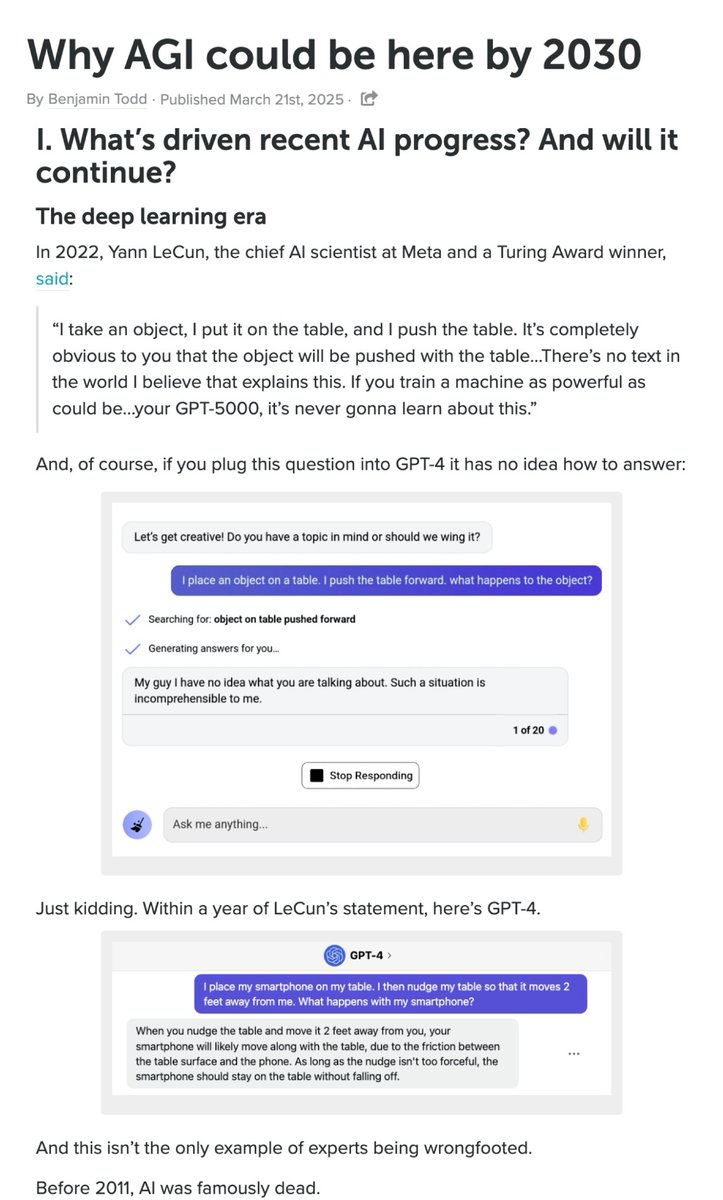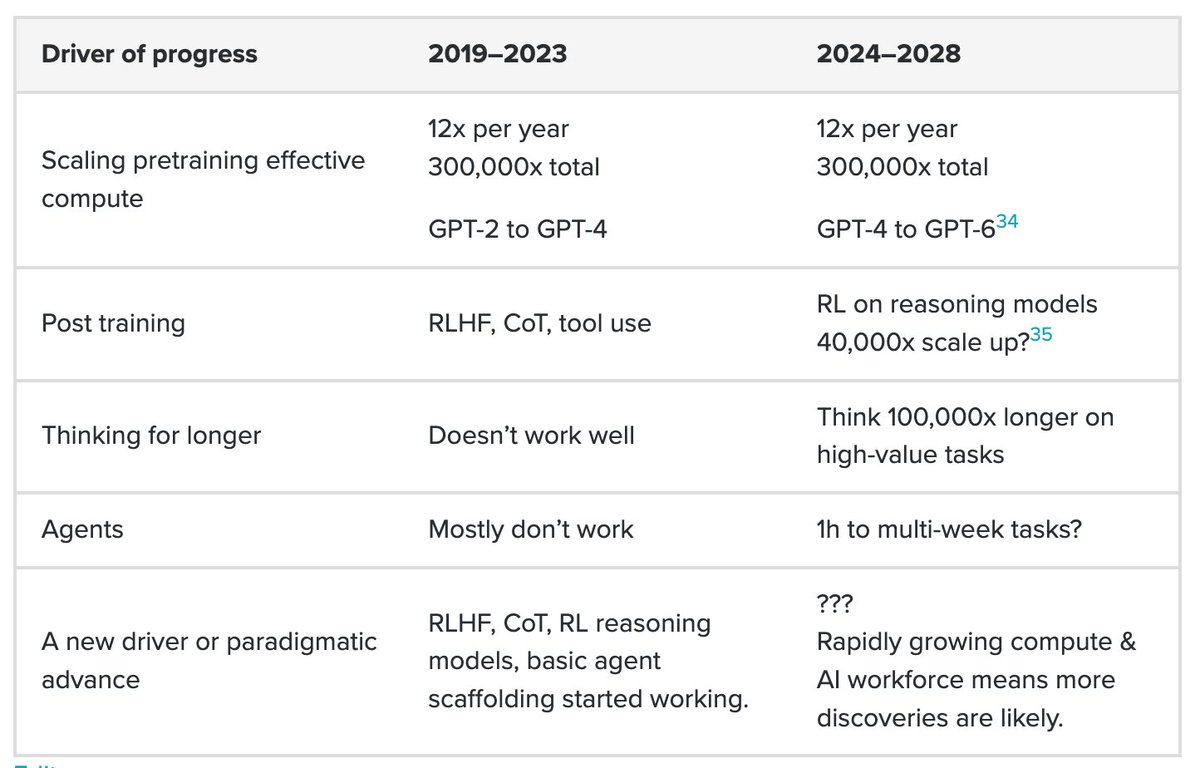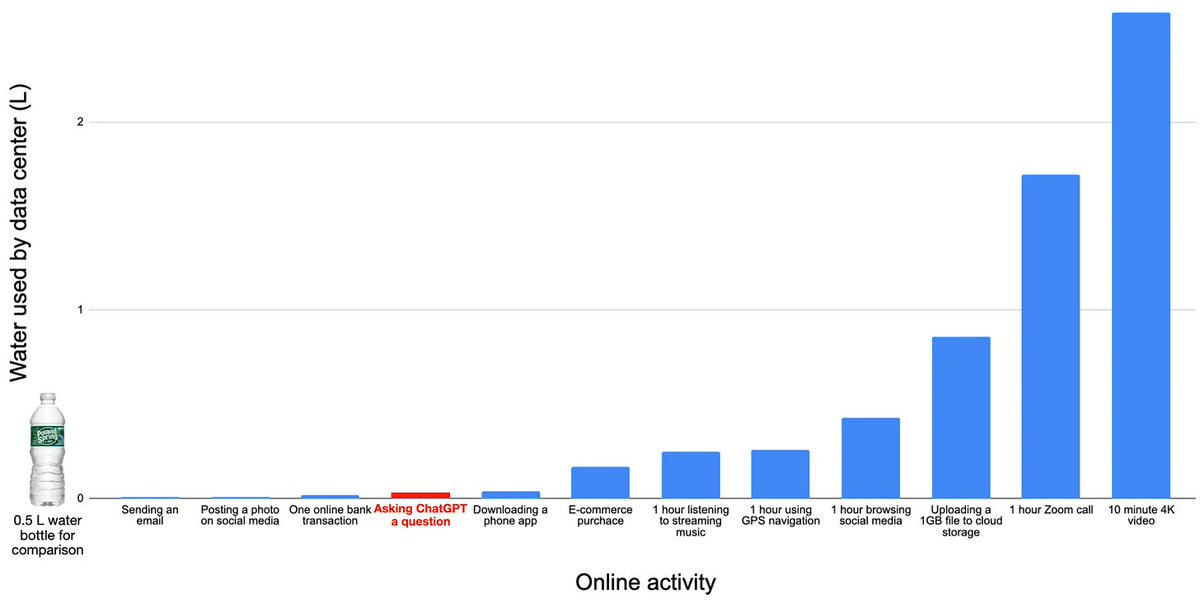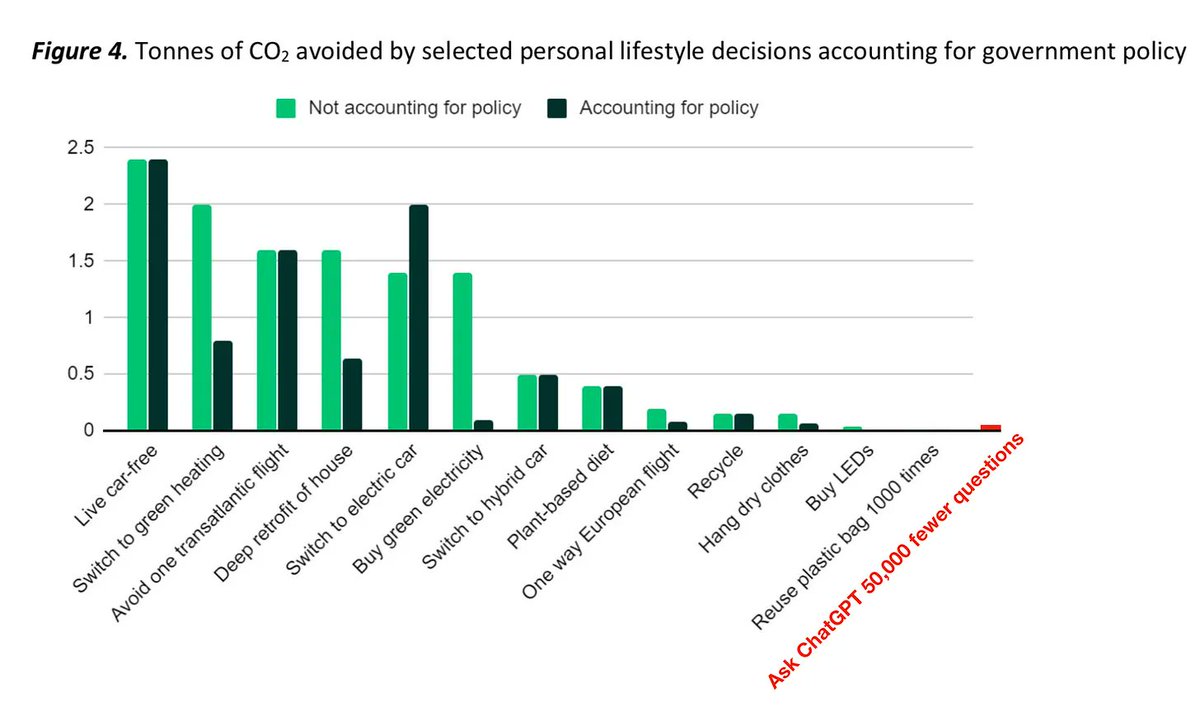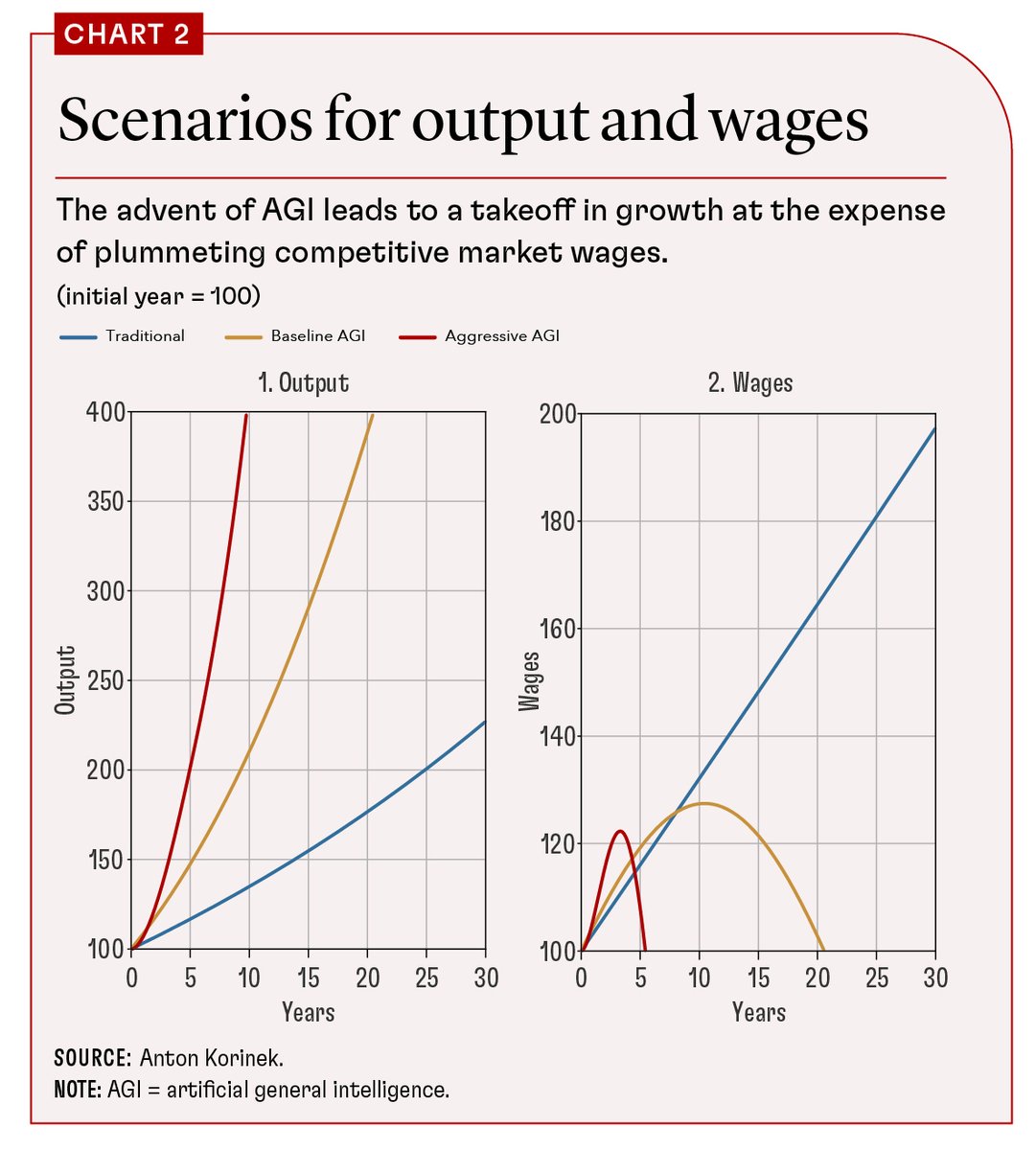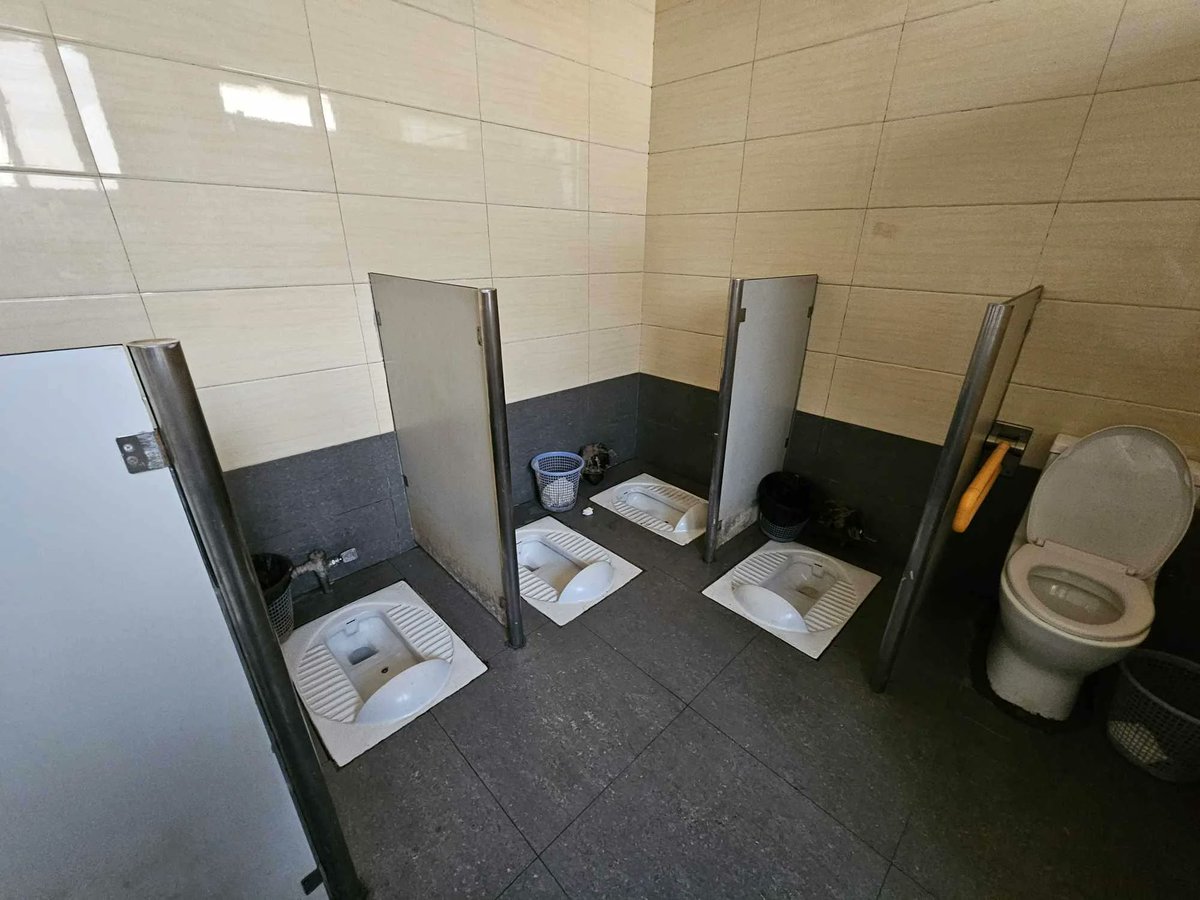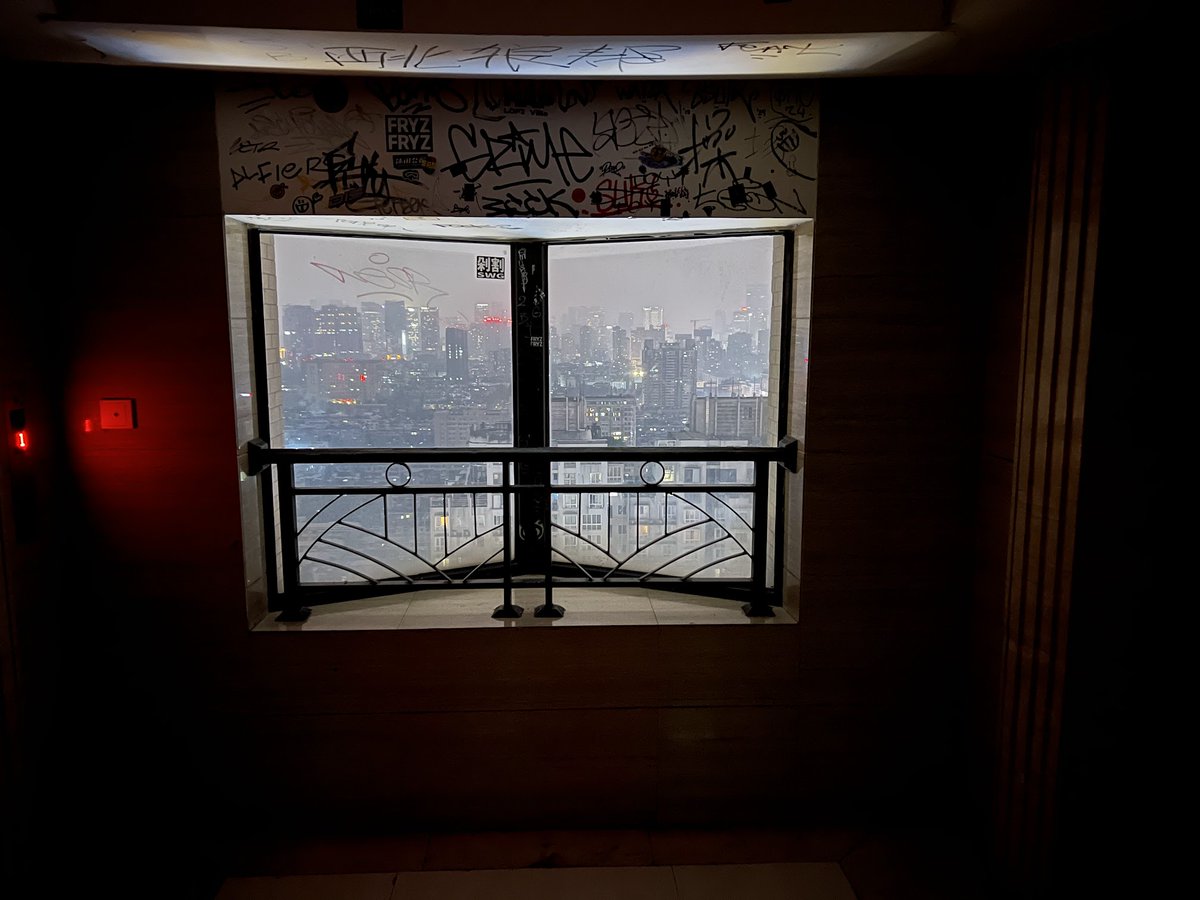Breaking: Nobel laureates, law professors and former OpenAI employees release a letter to CA & DE Attorneys General saying OpenAI's for-profit conversion is illegal, and betrays its charter.
The letter details how the founders of OpenAI chose chose nonprofit control to ensure AGI would serve humanity, not shareholders.
Now when Altman says "AGI will probably get developed during this president’s term", control (and uncapped upside) is to be handed to investors, scrapping safeguards Altman told Congress were necessary in 2023.
The nonprofit would surrender its most powerful mission-achieving tool—control of the leading AGI lab—in exchange for an equity stake it already holds.
"Imagine a nonprofit with the mission of ensuring nuclear technology is developed safely and for the benefit of humanity selling its control over the Manhattan Project in 1943 to a for-profit entity so the nonprofit could pursue other charitable initiatives."
The letter details how the founders of OpenAI chose chose nonprofit control to ensure AGI would serve humanity, not shareholders.
Now when Altman says "AGI will probably get developed during this president’s term", control (and uncapped upside) is to be handed to investors, scrapping safeguards Altman told Congress were necessary in 2023.
The nonprofit would surrender its most powerful mission-achieving tool—control of the leading AGI lab—in exchange for an equity stake it already holds.
"Imagine a nonprofit with the mission of ensuring nuclear technology is developed safely and for the benefit of humanity selling its control over the Manhattan Project in 1943 to a for-profit entity so the nonprofit could pursue other charitable initiatives."

• • •
Missing some Tweet in this thread? You can try to
force a refresh


